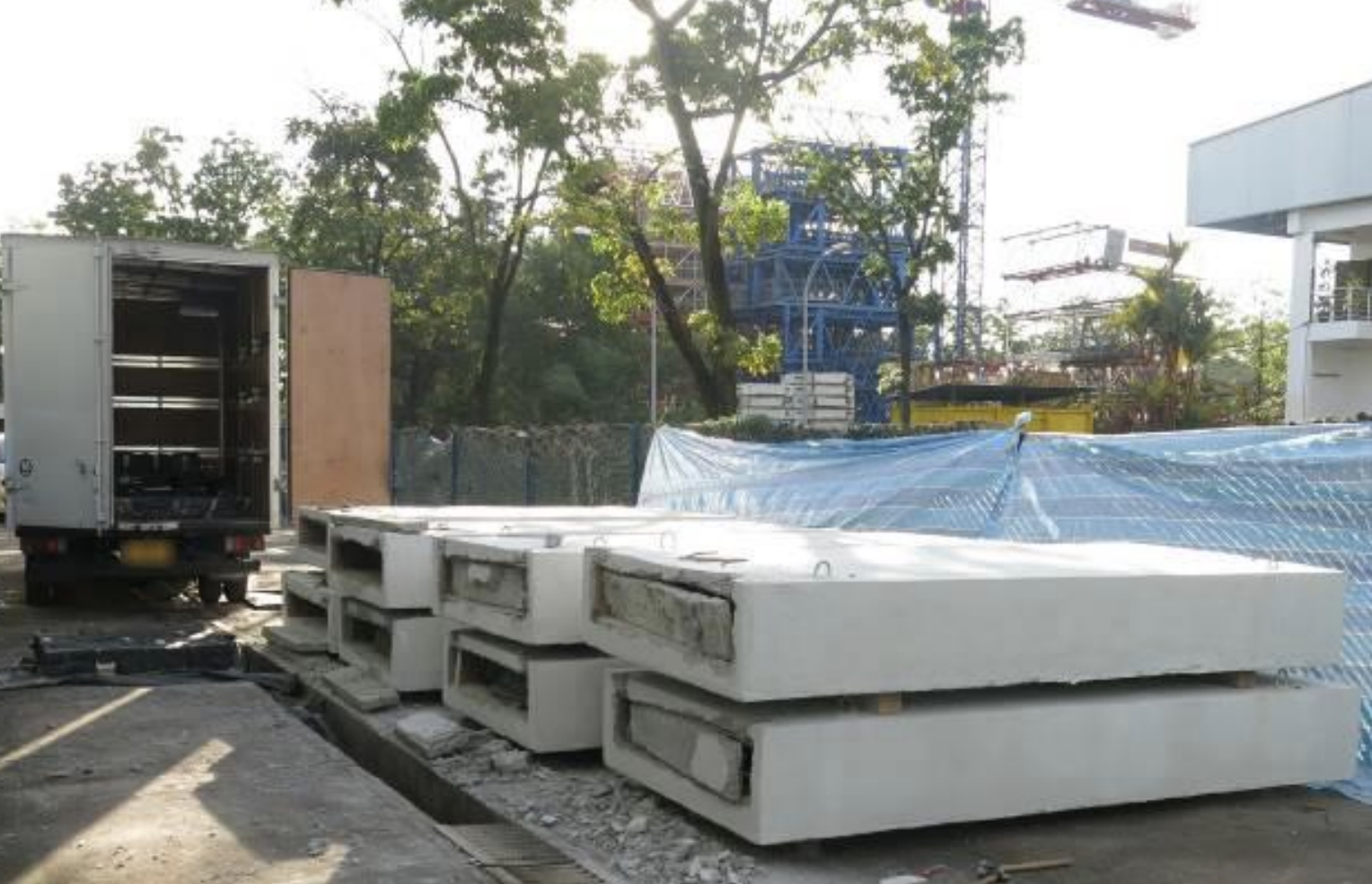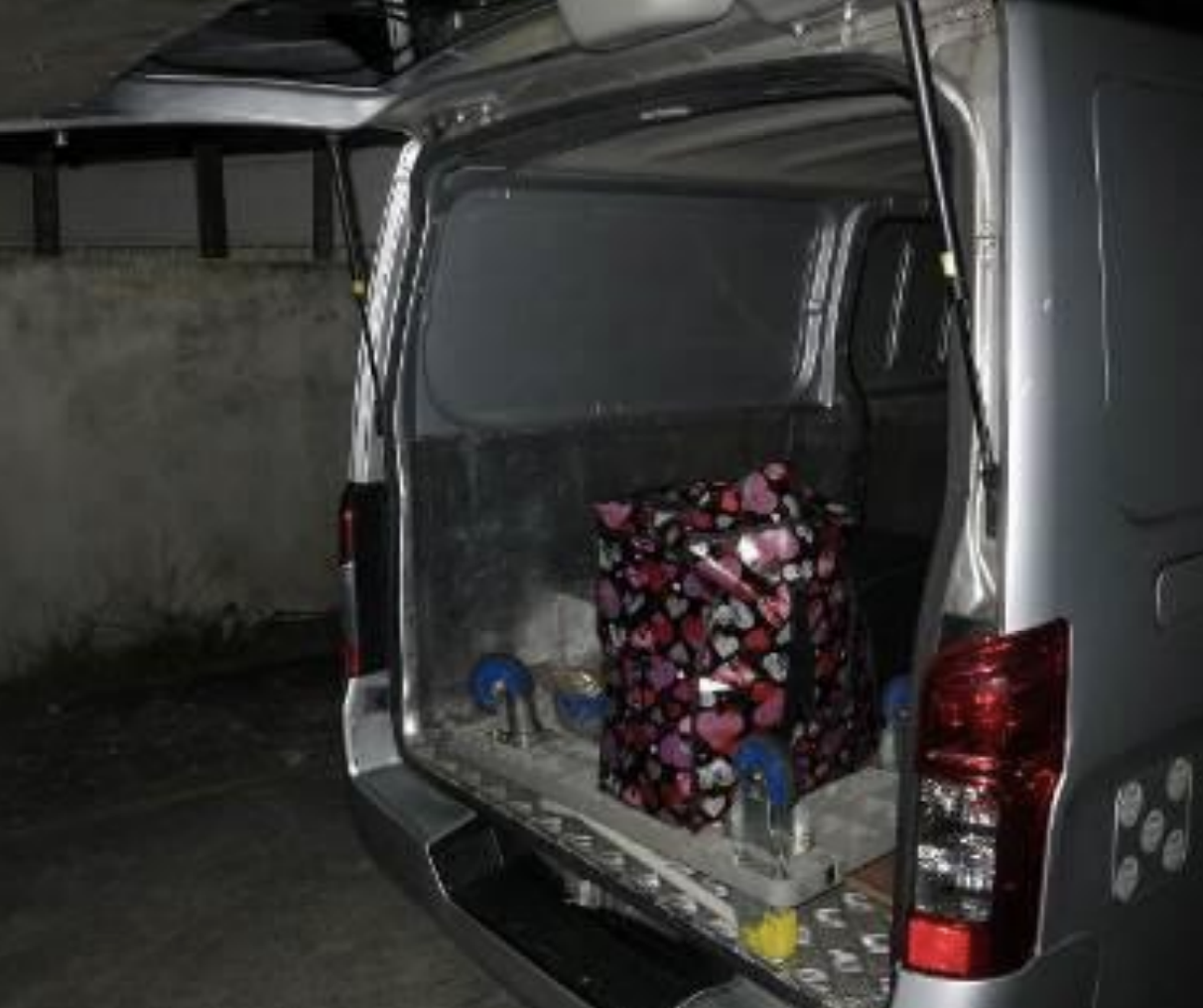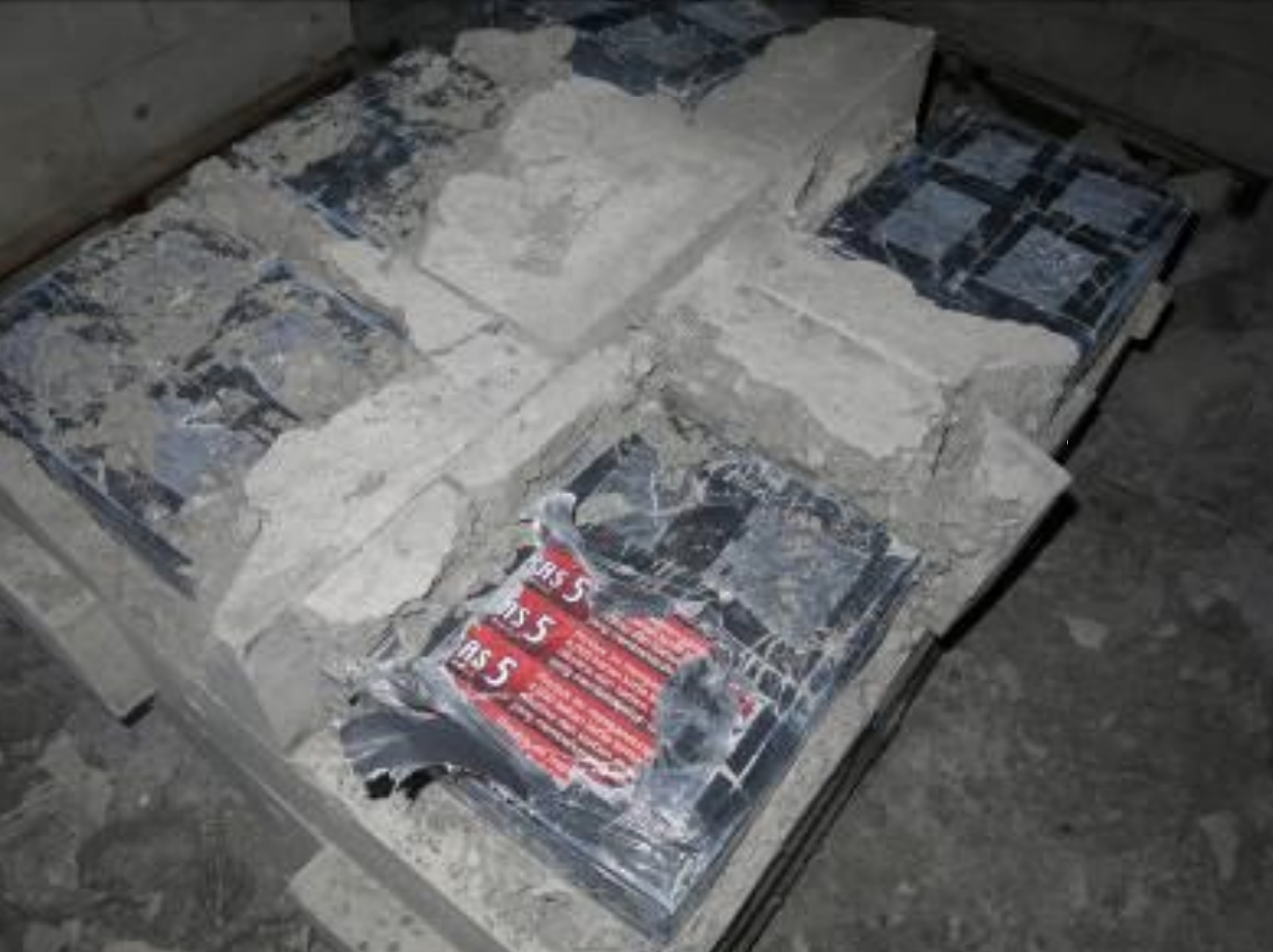Singapore Customs has arrested 12 men and seized over 11,900 cartons of duty-unpaid cigarettes in three separate operations in November 2018.
The raids were conducted in industrial premises in Tuas, according to a press release.
On 24 November 2018, Singapore Customs officers raided a yard in Tuas Avenue 14. They saw four men retrieving duty-unpaid cigarettes that were hidden in eight concrete slabs and loading them onto a lorry. The four men – an Indonesian, a Malaysian, and two Singaporeans – were arrested.
A total of 4,148 cartons of duty-unpaid cigarettes and a lorry were seized in this operation.
On 7 November 2018, Singapore Customs officers conducted an operation in an industrial unit in Tuas South Street 1. In the unit, the officers uncovered duty-unpaid cigarettes hidden in six excavator arms. Two Malaysian men, who had assisted in moving the excavator arms containing duty-unpaid cigarettes into the unit, were arrested. Three other Malaysian men were arrested in a follow-up operation.
The operation resulted in the seizure of a total of 5,431 cartons and 29 packets of duty-unpaid cigarettes and a van.
In another operation on 2 November 2018, Singapore Customs officers arrested three Singaporean men in an industrial unit in Tuas South Avenue 3. They were retrieving the duty-unpaid cigarettes hidden in concrete slabs when Singapore Customs officers raided the unit.
A total of 2,400 cartons of duty-unpaid cigarettes were seized in the operation.
A total of 11,979 cartons and 29 packets of duty-unpaid cigarettes were seized in the three operations. The duty and Goods and Services Tax (GST) evaded amounted to about $1,074,390 and $78,520 respectively.
“We advise owners and managing agents of industrial premises to exercise due diligence to prevent their premises from being used by syndicates for duty-unpaid cigarette activities,” said Assistant Director-General (Intelligence & Investigation) Yeo Sew Meng.
“They should strengthen access controls at their premises and also look out for red flags such as persons seeking to rent the premises on a short-term basis, paying cash, and not being able to provide a credible business purpose for the rental,” said Mr Yeo.





